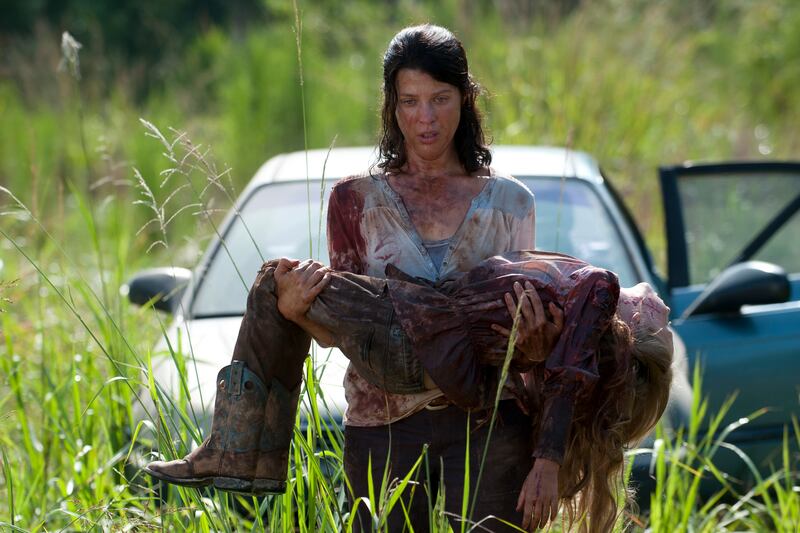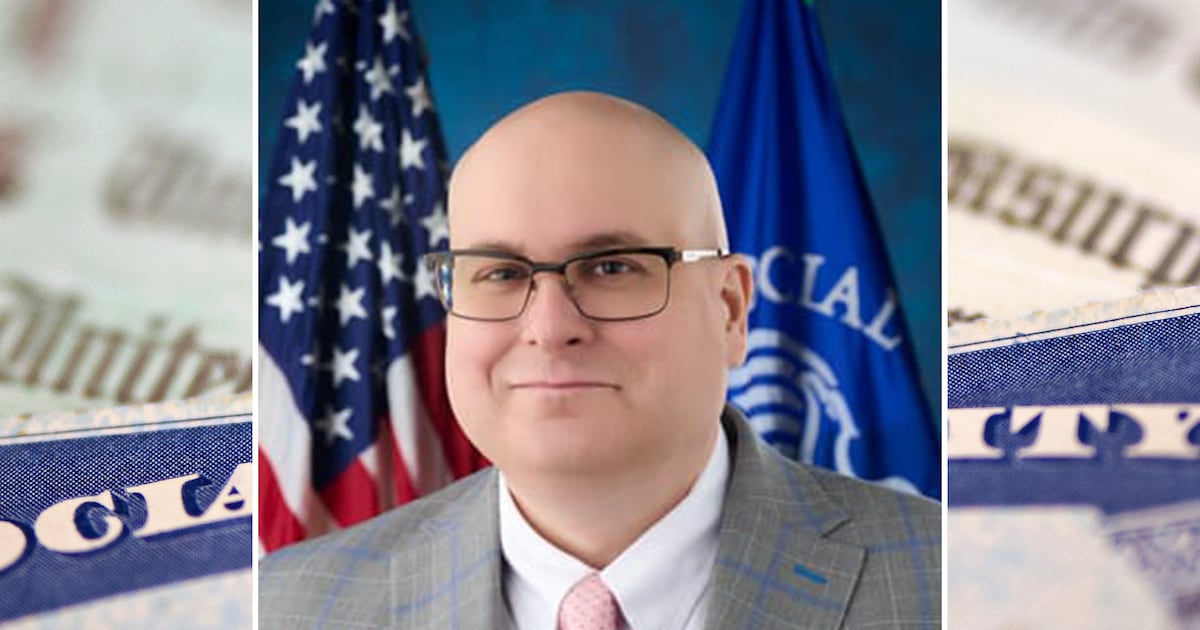It’s T-minus two days now until The Walking Dead returns and zombie fever strikes again. Every year, no matter how uneven series gets as showrunners play hot potato, around 12 million people tune in on Sundays for blood, guts, and Daryl Dixon. Though still a long way from the fast-paced, visceral highs of the first season, Season Four has (so far) been a return to form: The flu virus posed an inventive new threat; characters other than Rick took charge for once; and with the midseason finale, our two biggest wishes were mercifully granted: The Governor was killed and Rick’s crew finally left the prison.

Until the second half of the season premieres on February 9, we find ourselves in familiar territory: waiting and desperately hoping that the show will deliver. In past seasons, for every thoughtful and gorgeously shot episode (those featuring Lenny James as Rick’s old friend turned half-crazed survivor, Morgan, are good examples) there were many more full of bad decisions, intergroup squabbling, and tedious villains (sorry, Governor).
You see, seeking safe shelter, like on the prison or Hershel’s farm, and then staying put for months is a realistic way of coping in a post-apocalyptic world. But it doesn’t make for the most exciting TV. Another zombie epic we left behind in 2013, World War Z, put it best when Brad Pitt’s character, Gerry, encounters a Spanish-speaking family holed up in their apartment and advises them, “Movimiento es vida.” With a force as essentially repetitive as the undead, changing locations (and plots) gives the show life. The same way that World War Z hopped around the globe to solve the zombie crisis, The Walking Dead could benefit simply from having Rick and his now-splintered group move.
They might encounter whatever’s left of some military or government, or meet people who are otherwise actually solving the problem of the undead. The Walking Dead is as much about hopelessness as zombies but after four seasons, that can take as much a toll on viewers as it does on Rick and the gang.
The show’s most famous trick (abruptly killing off beloved, long-term characters) becomes less effective the more audiences are desensitized to all the gore. Hershel was a great guy, but I was only disappointed when the Governor lopped his head off. Compare that to the wrenching Season Two moment when Dale, Hershel’s wise-old-man predecessor, was eaten alive. Or in Season One, when Andrea was forced to put a bullet in her younger sister Amy’s head as she transformed in her arms—that death actually made me cry.
It’s not that even the day-to-day struggles of surviving in a zombie-infested world can’t be interesting. One of the most thrilling moments of Season One was watching Rick and Glenn drench themselves in zombie guts then move undetected through a street teeming with walkers. That taught us something new about how we might survive in a zombie apocalypse, which is a huge part of the fun of watching stories like these—asking ourselves, “If it were me, would I survive?”
It’s the reason Max Brooks (author of World War Z) enjoyed such success with his Zombie Survival Guide. Fun facts like “the trench spike is, without a doubt, the best anti-zombie weapon on earth” or “the common bicycle is fast, quiet, muscle-powered, and easy to maintain…People using bicycles to escape from infested areas have almost always fared better than those on foot” offer innovative flourishes on the daily life of fictional survivors, ones we secretly store away “just in case.” The Walking Dead can also do better than using the same old weapons and strategies to go on yet another supply run.
Of course, how not to spice up your zombie life is by inventing a silly vaccine that instantly solves everyone’s problems, as the movie version of World War Z did. The world of The Walking Dead is a harsher place than that and its characters will suffer a lot more than Brad Pitt ever did. But that doesn’t mean that the experience of watching it should also be bleak.
Now, more than at any point since the show began, The Walking Dead is poised for success: By purging away the Governor and the prison, it wiped its slate clean. From here, characters could go anywhere or meet anyone. Grief, fear, and morality could be thoughtfully explored again, the way they were in early episodes. They could get the hell out of Georgia. They could even get tangled up in some storyline that involves searching for a way to stop the zombie virus. A newly released midseason poster bears the words “Don’t look back”—precious advice as the series leaves behind elements that bogged it down.



